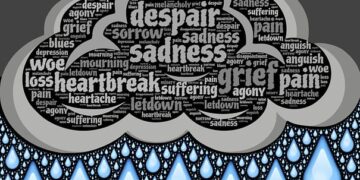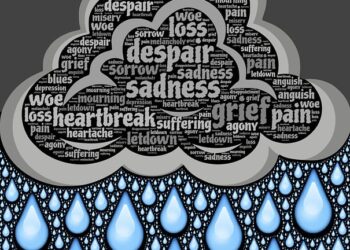Introduction
In the pages of the Bible, the stories of Saul and Jonah offer profound insights into the complexities of human nature. Beneath their heroic narratives, subtle traces of vulnerable narcissistic traits can be discerned, shedding light on their inner struggles and vulnerabilities. Join us on a journey to uncover the layers of these ancient figures and understand how their experiences resonate with the psychological concept of vulnerable narcissism.
Saul: A Tale of Insecurity and Jealousy
1.)Insecurity and Fear of Inadequacy:
In 1 Samuel 15:17-23, God commands Saul to completely destroy the Amalekites, sparing nothing. However, Saul spares King Agag and the best of the livestock. When confronted by Samuel, Saul’s response reveals his insecurity and need for approval: “I have sinned; for I have transgressed the commandment of the Lord and your words, because I feared the people and obeyed their voice.” Here, his fear of losing favor with his people drives him to make decisions that compromise his obedience to God’s command.
2.)Jealousy and Paranoia:
Saul’s jealousy of David’s popularity and success is evident throughout 1 Samuel. In 1 Samuel 18:8-9, it is said, “And Saul was very angry, and this saying displeased him. He said, ‘They have ascribed to David ten thousands, and to me they have ascribed thousands; what more can he have but the kingdom?'” Saul’s fixation on David’s achievements highlights his vulnerability to feeling threatened by others’ successes, a hallmark of vulnerable narcissism.
Jonah: Struggles with Self-Centeredness and Discomfort
1.)Self-Centered Focus:
In the story of Jonah, we see his self-centered perspective when he flees from God’s command to preach to Nineveh. He boards a ship in an attempt to escape, and a storm ensues. When the crew confronts him, he responds, “I am a Hebrew, and I fear the Lord, the God of heaven, who made the sea and the dry land.” (Jonah 1:9) Jonah’s identification as a servant of God seems to reflect an attempt to protect his own image rather than fulfilling his divine calling.
2.)Discomfort-Centered Responses:
Throughout the story, Jonah’s discomfort takes center stage. In Jonah 4:8-9, he expresses his frustration with God sparing Nineveh: “Therefore now, O Lord, take, I beseech You, my life from me; for it is better for me to die than to live.” His preoccupation with his own discomfort overshadows his concern for the people of Nineveh. This inward focus on his own emotions echoes the self-centeredness often associated with vulnerable narcissism.
Implications and Reflection.
By uncovering the vulnerable narcissistic traits in the stories of Saul and Jonah, we gain a deeper understanding of their internal struggles and vulnerabilities. These traits provide a lens through which we can reflect on our own tendencies. Do we allow fear of inadequacy to influence our decisions? Are we threatened by others’ achievements? Do we prioritize our own comfort over empathy for others?
Conclusion.
The stories of Saul and Jonah serve as mirrors reflecting the intricacies of human psychology. Beneath their heroic roles lie vulnerabilities and struggles that resonate with the concept of vulnerable narcissism. These tales invite us to examine our own behaviors and thought patterns, prompting us to question our motivations, insecurities, and responses. As we navigate our own journeys, we find that ancient narratives continue to offer wisdom and insights that transcend time, guiding us toward deeper self-awareness and growth.







































Discussion about this post